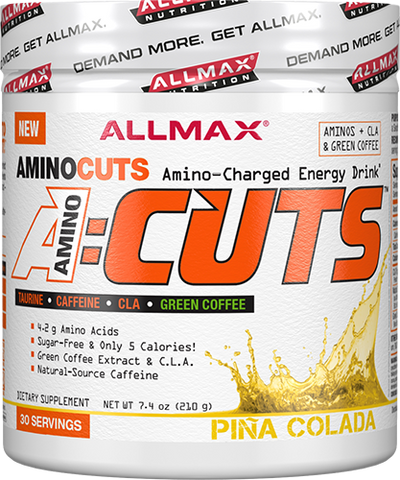Our bones are the support structure for everything in our body. It is not surprising that insufficient bone mineralization disorders are some of the scariest and most debilitation health disorders. The thought of having fragile bones is extremely distressing and often leaves patients feeling anxious and vulnerable. Skeletal fragility is a serious concern with bleak news. The rates and incidence of osteoporosis and osteopenia are skyrocketing. In the United States, 26% of women over the age of 65 and more than 50% of women over 85 are osteoporotic. Osteoporosis is linked to 1.5 million fractures per year which lead to 500 000 hospitalizations, 800 000 emergency room visits, 2.6 million physician visits, 180,000 nursing home placements for a grand total healthcare cost of 12 to 18 billion dollars each year. More than 40% of US women over 50 will experience a hip, spine or wrist fracture in the remainder of their lives.
Bone mineralization is a complex process that is far more complicated that mere calcium intake. Exercise is a must for those wanting stronger bones as weight-bearing exercise increases calcium deposition in the bone matrix. Dietary sodium increases calcium excretion and salt is believed to be a more important determinant of calcium excretion than calcium intake. Caffeine also increases urinary and fecal calcium loss and should also be limited. Several nutrients are important for bone health. Ortho•Bone is formulated with 13 key nutrients, which are all fundamental for mineral deposition in the bone matrix. The core bone building nutrients found in Ortho•Bone include:
- Ossein Microcrystalline Hydroxyapatite Complex (MCHC), by far the best calcium source available. This crushed bone powder contains all the nutrients normally present in bone in a calcium-based crystalline complex. MCHC is the only source of calcium shown to maintain or even increase bone density. All other sources of calcium can only, at the very best, halt bone loss.
- Vitamin D is essential to bone health. The vitamin is the most important determinant for the absorption of calcium. Although skin exposure to sunlight leads to vitamin D synthesis in the skin, sedentary lifestyles, northern latitudes and powerful sunscreens have left the majority of the North American population with discouragingly elevated rates of inadequate vitamin D status.
- Vitamin K, especially menatetrenone, is another important nutrient for bone health. Research has shown that supplementation with this specific form of vitamin K increases bone density at all sites and reduces bone fracture rates.
- In food sources, Strontium usually accompanies calcium and the same is true in bones. Strontium promotes the maturation of osteoblasts, the cells responsible for new bone formation while reducing bone resorption.
- Boron reduces the urinary excretion of calcium and magnesium. Boron maintains blood calcium levels and appears to enhance the effects of vitamin D. Women fed boron-deficient diets experienced more calcium and magnesium loss whereas women on boron-supplemented diets excreted less calcium and magnesium.
- Magnesium is essential for every major biological process. Two thirds of the body's magnesium is found in our bones. In women suffering from osteoporosis, reductions of magnesium in bone levels and serum levels have been reported. Studies have also demonstrated higher bone mineral density in women with higher dietary magnesium intakes. Magnesium depletion may prevent further bone growth and bone matrix with decreased magnesium content may be more brittle.
- Several other key nutrients can play an important role for bone health. For instance, manganese, zinc, copper and silicon are important minerals with significant bone building attributes. Zinc is the most abundant intracellular trace element with several important biological functions but may be depleted by calcium supplementation. Methylating nutrients such as vitamin B12 and folic acid may also be important to bone health, perhaps because of the toxic effects of homocysteine on the protein fibers in bone.
SUPPLEMENT FACTS:
Serving Size: 10 Capsules Amount Per Serving
Calcium (from bone meal) 1000mg
Phosphorus (from bone meal) 455mg
Magnesium (Aspartate, Ascorbate) 420mg
Vitamin D3 (Cholecalciferol) 1000IU
Vitamin K2 (Menatetrenone) 120mcg
Boron (Citrate) 700mcg
Zinc (Citrate) 11mg
Manganese (manganese (II) bisglycinate) 2.3mg
Copper (copper (II) citrate) 1mg
Silicon (Sodium Metasilicate) 35mg
Folate 400mcg
Vitamin B12 (Methylcobalamin) 24mcg
Vitamin C (Magnesium Ascorbate) 90mg
Non-medicinal ingredients: Capsule: hypromellose, water.
SUGGESTED USE:
Adult Dosage: Take up to ten capsules daily, dividing the dose among meals to facilitate maximum absorption, or as directed by a qualified health care practitioner.
WARNINGS AND PRECAUTIONS:
Do not use if you are taking blood thinners like Coumadin®.




